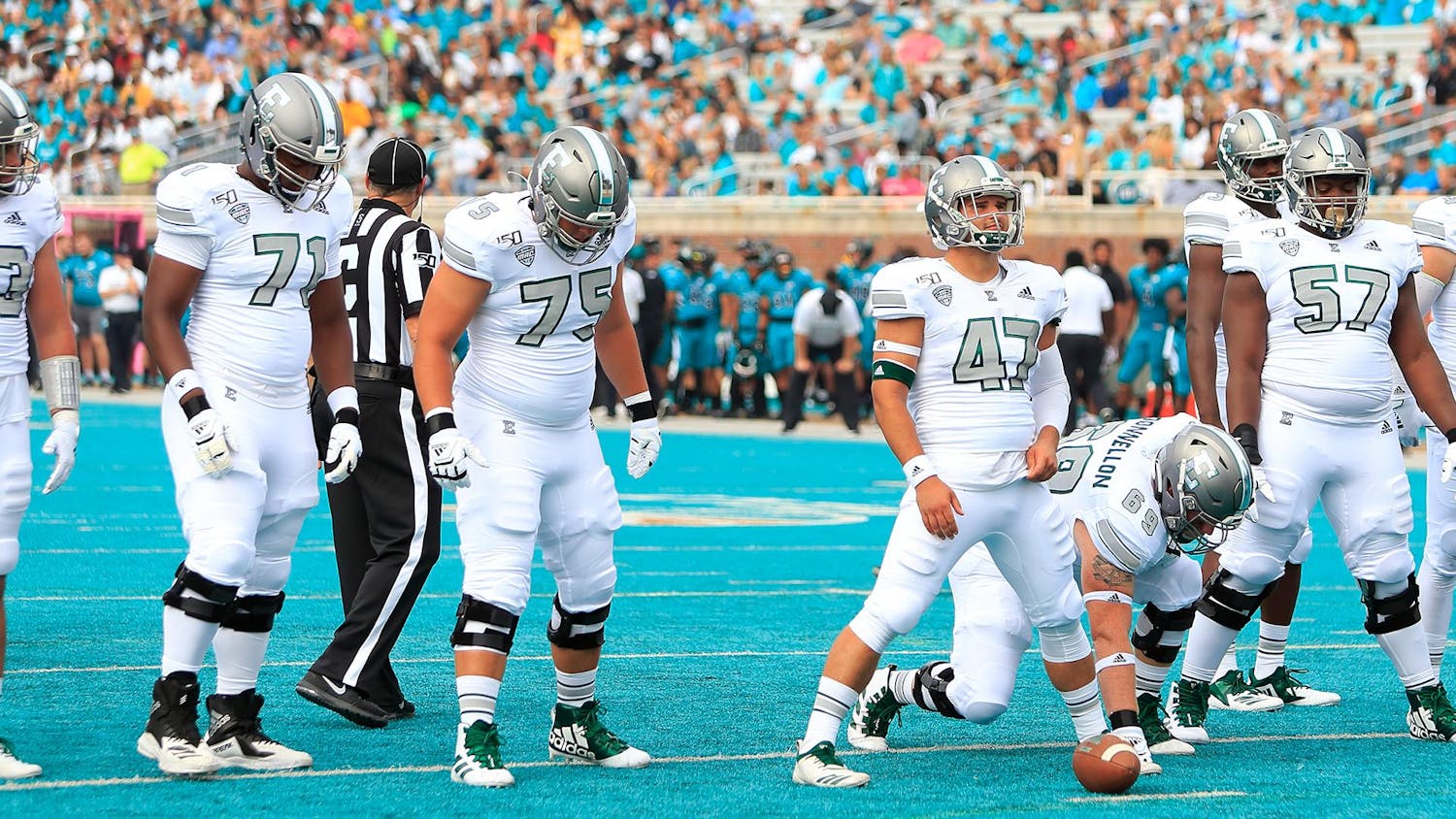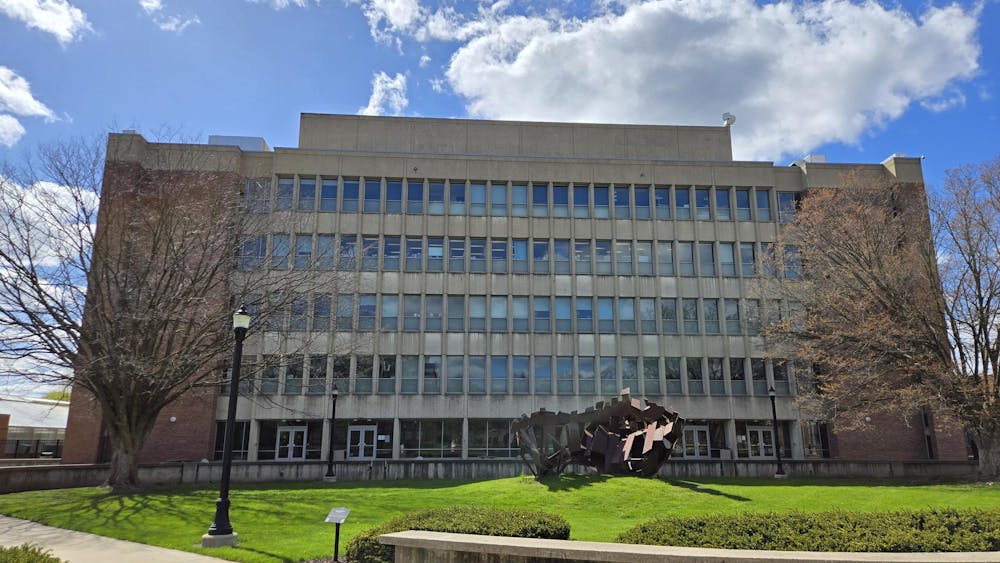Wednesday night, March 6th, Detroit Mayor Dave Bing presented his State of the City address. In a city that could best be described as a cross between the post-apocalyptic city of Shady Sands and the remains of a post race-war apocalyptic Jericho-the comic, the Mayor’s address was looked to as a spot of hope as Detroit faces bankruptcy.
The Mayor started with a somber tone that recognized the city’s dire straits, stating “There are those who believe the final chapter of our story has been written. They believe our city cannot come back. And the reality is…if we allow ourselves to be defined by the crisis we inherited, Detroit’s story will never change.”
After that, though, the Mayor spoke about the future, and how Detroit might actually have one. Though the city is smaller than its heyday, it is not dead. During the speech, Mayor Bing stated three objectives to bring the city to a new era of not being a desolate wasteland: job and business creation and retention, making the city more attractive to businesses and preparing a workforce for needed jobs.
How does he plan on achieving these objectives? Mayor Bing wants the city to focus on innovation again. He has a point. Michigan has had a hand in innovative business and industry. Detroit was one of the first cities to have a radio station, so there is precedent. How he’s going to bring innovation back is up to his administration. To make the city more attractive to businesses, he is going to work on Detroit’s bureaucracy to make it less cumbersome for businesses by “streamlining the process for permits.” That has promise.
The third objective is a tricky one, though hardly new. As the job market changes, the workforce needs to be re-educated.
Mayor Bing wants to focus on job creation of both long- and short-term employment, with work ranging from demolishing dilapidated housing to recycling.
Transportation and health services were two other areas he mentioned. So on the face of it, Detroit has a good chance if the Mayor can achieve his goals in a cost-effective and timely fashion.
Some of his goals will be easier than others. Every little bit helps, though, whether it be less red tape or more jobs. That third objective will probably be the hardest, because to train people for specific jobs, you first have to find people willing to take those jobs Then you have to find people who have the time and resources to get trained. College students will be a good place to find those people, but what about the currently unemployed who need work?
I guess those are the people the short-term jobs are designed for. The low-skill jobs don’t require a lot of technical training or on-the-job-training can be offered. It’s a good idea, but only if the long-term job creation comes through.
Otherwise, we’ll have the same problem in a few years that we have now, lots of unemployed people with no training and no job prospects.
Until we see the results of Mayor Bing’s new efforts to revitalize Detroit, all we can do is move forward and hope the Mayor’s plan, combined with its citizens’ resolve for a better future, will rebuild the city anew.









